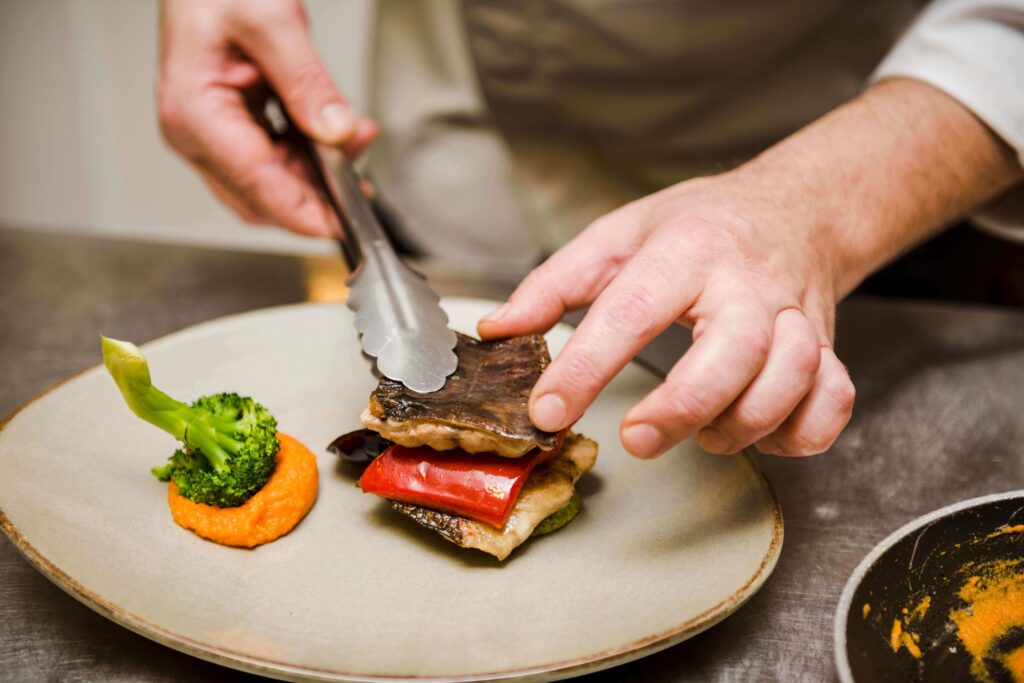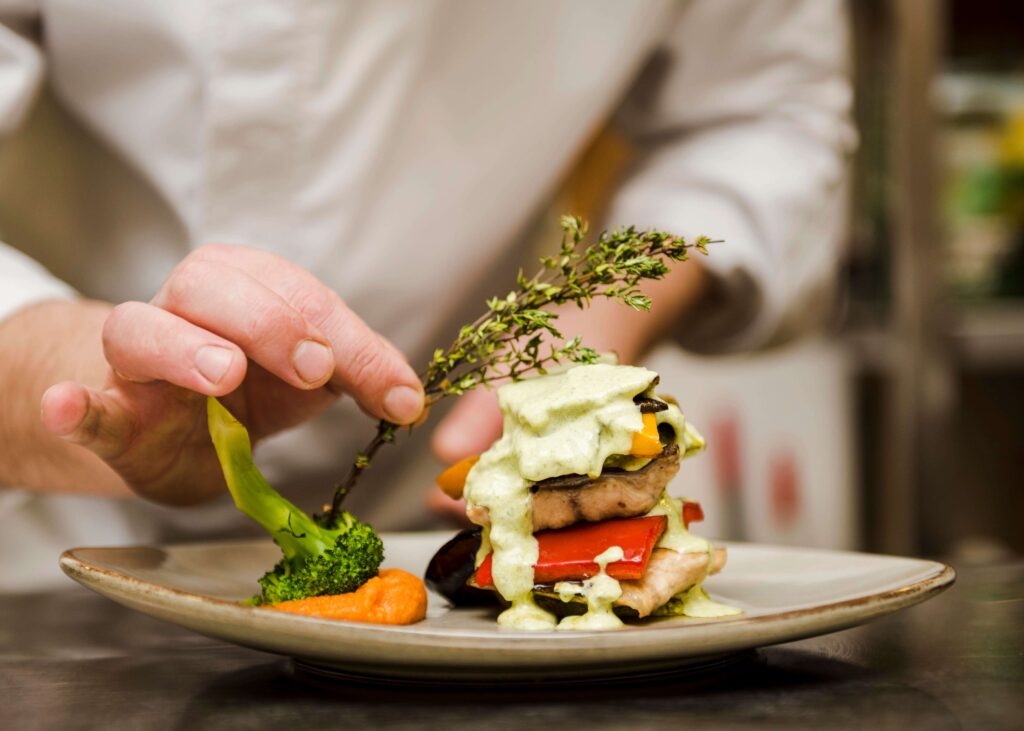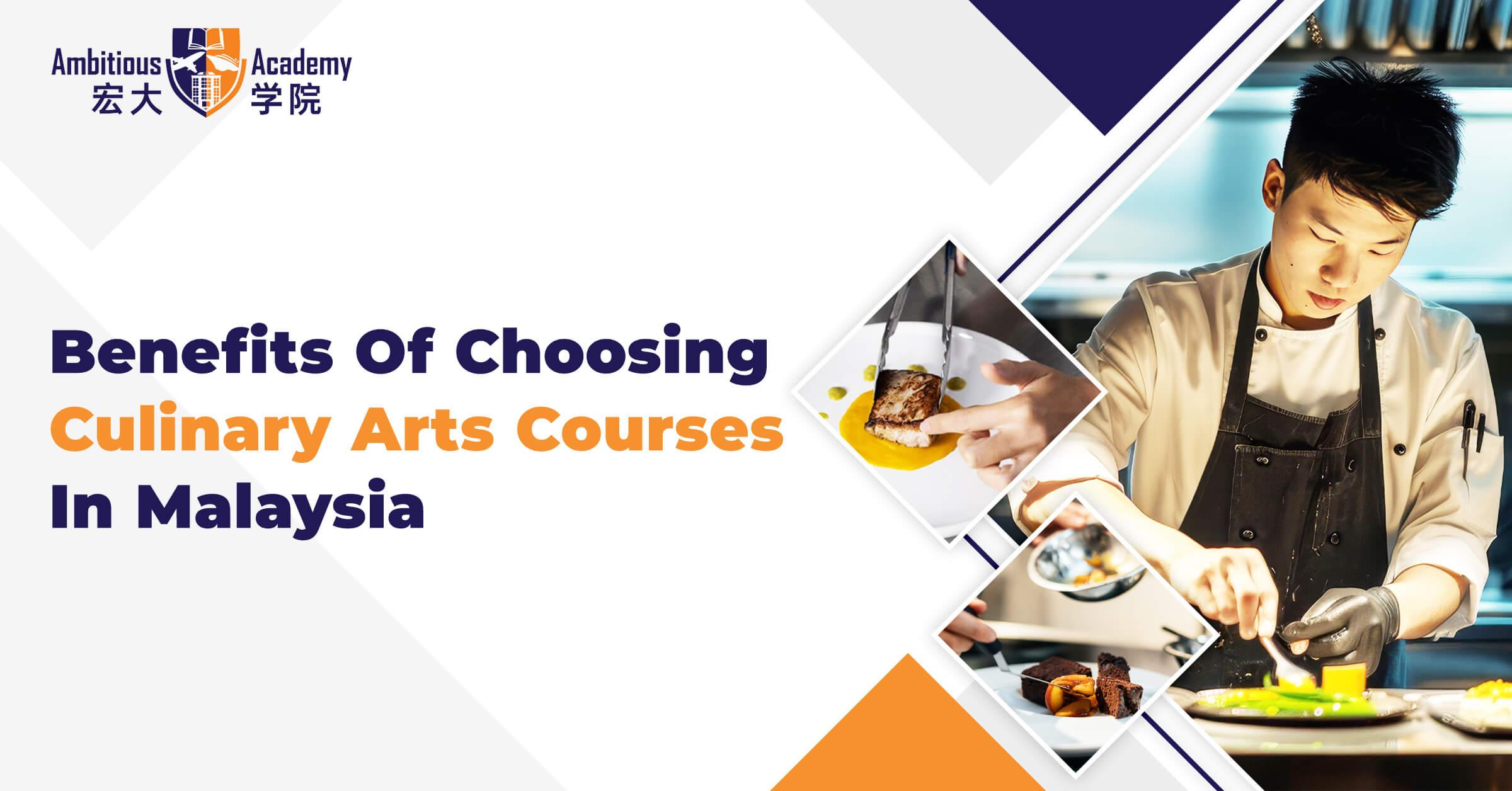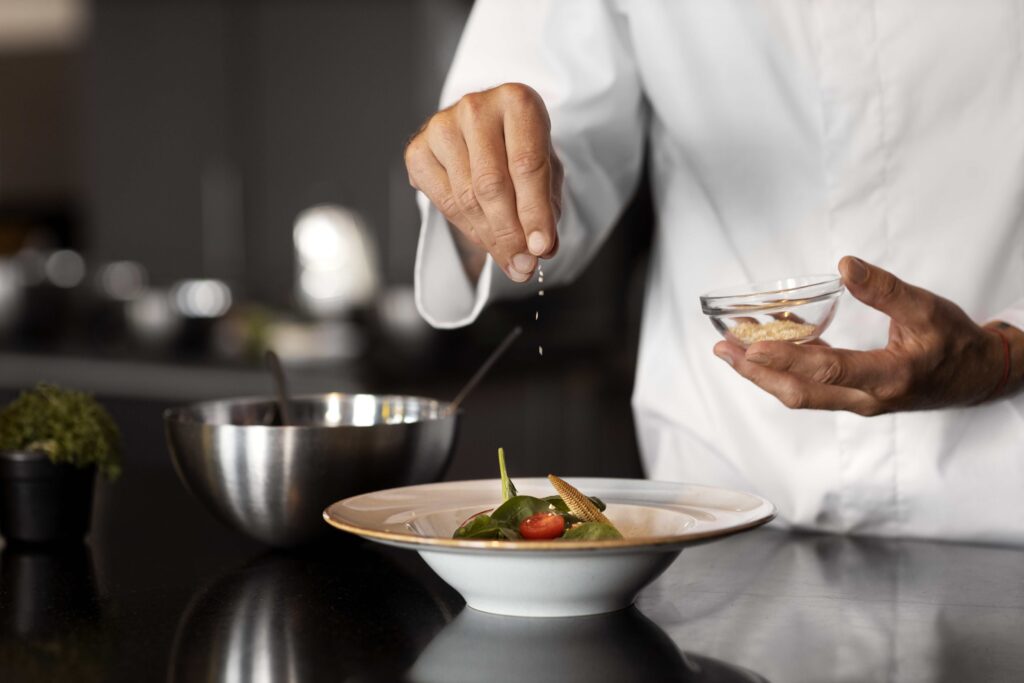Are you a recent secondary school graduate wondering if pursuing your passion for culinary arts is worthwhile? You might have heard some aunties and uncles say that being a chef involves hard work in hot kitchens with little pay, and that opting for a stable office job is a better path for your future. However, these views often overlook the true essence of culinary arts. If you have a genuine love for food, cooking, and the vibrant kitchen environment, it’s time to challenge outdated perceptions about culinary careers.
This blog will explain why choosing to pursue culinary courses could be the right choice for you, despite what others might say. Whether you want to learn gourmet cooking, explore different types of food, master techniques, or start your own food business, studying culinary arts can open up exciting opportunities. It paves the way for a successful and rewarding career in the culinary field.

Is Culinary Arts a Good Career Choice?
According to the Department of Statistics Malaysia, the food and beverage services sector has made a substantial contribution to the country’s Gross Domestic Product (GDP) in recent years. This growth is paralleled by an increase in the number of catering services, such as restaurants, cafes, food stalls, food manufacturing, food festivals, and related events. This expansion creates stable job opportunities that benefit over a million Malaysians and serve as a vital source of income for many. With roles in chefs, restaurant management, catering services, and the potential to start your own food business, pursuing culinary arts can lead to a fulfilling career journey.
What Are the Career Opportunities in the Culinary Arts Industry
As a culinary arts graduate, there are several positions and career paths you can pursue within the food and beverage industry. Here are some common roles:
1. Line Cook
This is a starting position in many kitchens where you’ll prepare and cook dishes under the supervision of a chef.
2. Sous Chef
As a sous chef, you’ll assist the head chef in managing the kitchen, overseeing food preparation, and ensuring dishes meet quality standards.
3. Pastry Chef
Specializing in desserts and baked goods, pastry chefs create and decorate a variety of sweets and pastries that delight the senses and bring joy to others.
4. Executive Chef
This role involves overseeing the entire kitchen operation, menu planning, managing staff, and ensuring the quality of food.
5. Private Chef
Work directly for individuals or families, preparing meals in private homes.
6. Catering Manager
Organize and oversee catering events, including menu planning, food preparation, and staffing.
7. Food Stylist
Prepare food for photography or film, ensuring it looks appealing for media.
8. Restaurant Manager
Oversee daily operations of a restaurant, including staff management, customer service, and business administration.
9. Food Writer and Photographer
Share your culinary expertise through captivating writing and stunning photography. Craft restaurant reviews and create enticing recipes for publications, blogs, or social media platforms.
10. Food Entrepreneur
Start your own food business, such as a food truck, bakery, or catering company.

Should You Study Culinary Arts?
Yes, studying culinary arts can be a rewarding choice if you…
1. If you’re passionate about food: Studying culinary arts allows you to deepen your love for food and explore its diverse flavors and traditions.
2. If you love to explore with ingredients: It’s perfect if you enjoy experimenting with different ingredients to create new and exciting recipes and dishes.
3. If you seek a skill-based certificate: It’s ideal if you prefer gaining practical skills and certification rather than pursuing traditional academic paths.
4. If you wish to work in the food and beverage industry: Your career goals include roles such as chefs, bakers, restaurant managers, caterers, and food entrepreneurs.
Conclusion
Culinary graduates are presented with a multitude of exciting career opportunities where their passion can evolve into fulfilling professional paths. Beyond these diverse career options, pursuing a culinary arts course offers numerous benefits. These include specialized skill development, industry-relevant exposure, and improved job prospects. To learn more about how a culinary arts education can benefit you, check out our blog on benefits of choosing culinary arts courses in Malaysia.
At Ambitious Academy of Pastry Arts Malaysia, we are dedicated to helping you turn your passion for culinary arts into a successful profession. Our institution supports your academic journey by offering a range of comprehensive culinary programs. Besides, we provide the necessary skills and knowledge to help you excel in the culinary field. Many of our alumni have achieved remarkable success in their culinary careers, and we believe you can join their ranks. Whether you aspire to become a renowned chef, manage a restaurant, or launch your own culinary business, Ambitious Academy equips you with the tools to achieve your dreams. Take the first step towards a rewarding career in culinary arts or other courses in Malaysia with us. If you have any questions about the programs we offer, feel free to drop your enquiries here!




